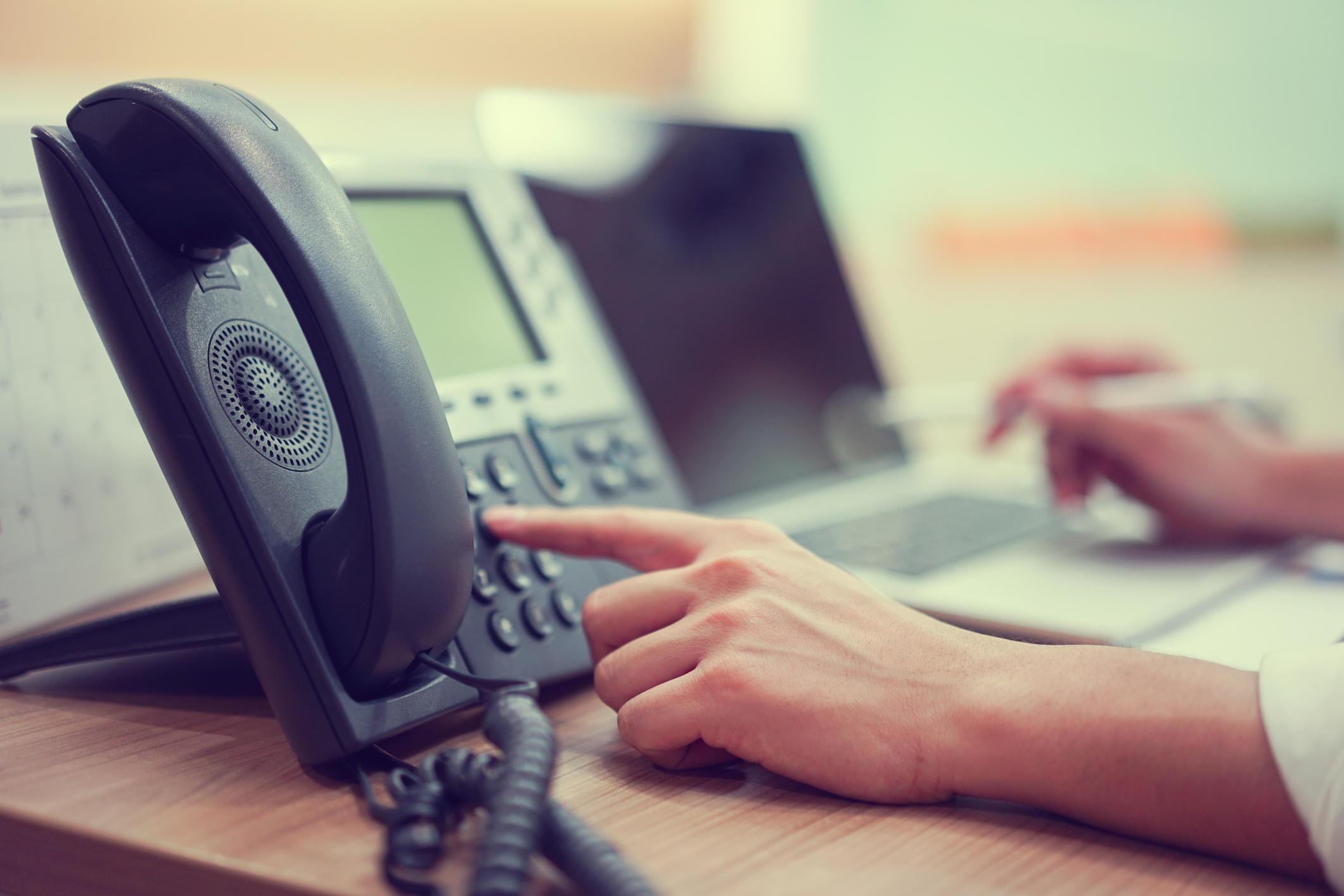For businesses that get a high volume of calls, call parking is an indispensable tool. This benefits both callers and operators by making it easier for them to handle incoming calls. VoIP providers, such as IPPBX, offer features and capabilities far beyond those of a traditional landline. You may find the VoIP business phone system terminology confusing if you are not already familiar with it.
Let’s take a closer look at call parking, discussing what it is, how it works, and what benefits it offers.
With VoIP business phone system, what exactly is On call parking?
To put it simply, On Call Parking is a feature included in some unified communications platforms and company phone systems that allows you to handle a large influx of calls without becoming overwhelmed. The difference between pausing a call and a regular hold is subtle but important.
You can park a live call and continue the conversation using a different Call Parking extension number with On Call Parking. In this case, the caller will hear the hold music you’ve selected, but they won’t remain connected to the original phone line.
They are instead left in a “call parking lot” for the on-duty dispatcher to retrieve. In other words, A call is “parked” until it is picked up again. How exactly does this help you? Because it gives teams—especially those in busy contact centers—the essential flexibility they need.
Thanks to On Call Parking, your callers will never be put on hold or transferred to voicemail.
Call Transfer vs. Call Queuing
Call parking, also known as call queuing, and call transfers are both started when a customer calls an organization for help. During a phone transfer, the caller is put through to a certain extension. This is helpful when a caller needs to get through to the main line of a particular department or person at that company.
With Call Park, your callers will be routed to an internal line only accessible by your office’s personnel. You don’t need to talk to anyone in particular; it’s likely that the caller is just seeking general support or customer service. For companies with sizable call centers or customer service divisions, on-call parking is essential since they may need to hold calls until a free agent becomes available.
The Benefits of Call Queuing
With the exception of the call being on your network, the Call queueing feature acts similarly to placing a call on hold. A user can use this way to get back a missed call from any other VoIP business phone system. Users can swiftly and conveniently transfer a call to a coworker using this strategy. With just two button presses—one for parking and one for unlocking—a call can be parked and unparked. Consequently, users save time and experience fewer disruptions to their workflow.
Call parking offers a number of significant advantages to organizations, even though it is not thought of as cutting-edge technology. Think about the following benefits:
Anyone who works for the company is allowed to receive calls from any of the system’s phones by dialing PARK. This is helpful for multi-story or spacious establishments like supermarkets and big box stores.
With a simple code dial, you can reach any phone that is part of your VoIP business phone system.
If no one answers, the call is sent back to the original extension it was parked at.
The operator’s line is not being disrupted by the held call.
Utilizing Call Parking With IPPBX.
Even while every VoIP business phone system service provides a slightly different set of features, call parking is now a typical feature. Some cap the total number of parked calls per minute (usually 50). Calls may be parked for a limited amount of time. After the allotted time has passed, some systems only allow voicemail or a ringback for parked calls. Others need you to establish a unique call group, whose members are the only users of the network who have access to parked calls. They let their automated desk phones answer calls instead.
Using the call parking feature of IPPBX, you can select how long your call should wait in the parking lot and where it should go next. Voicemail, the operator menu, or an external cell phone that hasn’t been added to the system may handle calls that aren’t answered.
Conclusion
Call parking has developed into a crucial feature for businesses that rely on telephone-based commercial communications. Since not every call is answered by an agent, call parking is a valuable tool for reconnecting the caller to service as soon as one becomes available.
Using VoIP makes call parking very easy to use. On-call parking is one feature of VoIP office phones that adds to the appeal and practicality of this technology.
IPPBX has provided reliable VoIP business phone services since its inception. With the help of our professionals, you can make the most of your VoIP business phone system and open up new channels of communication with your clientele.
